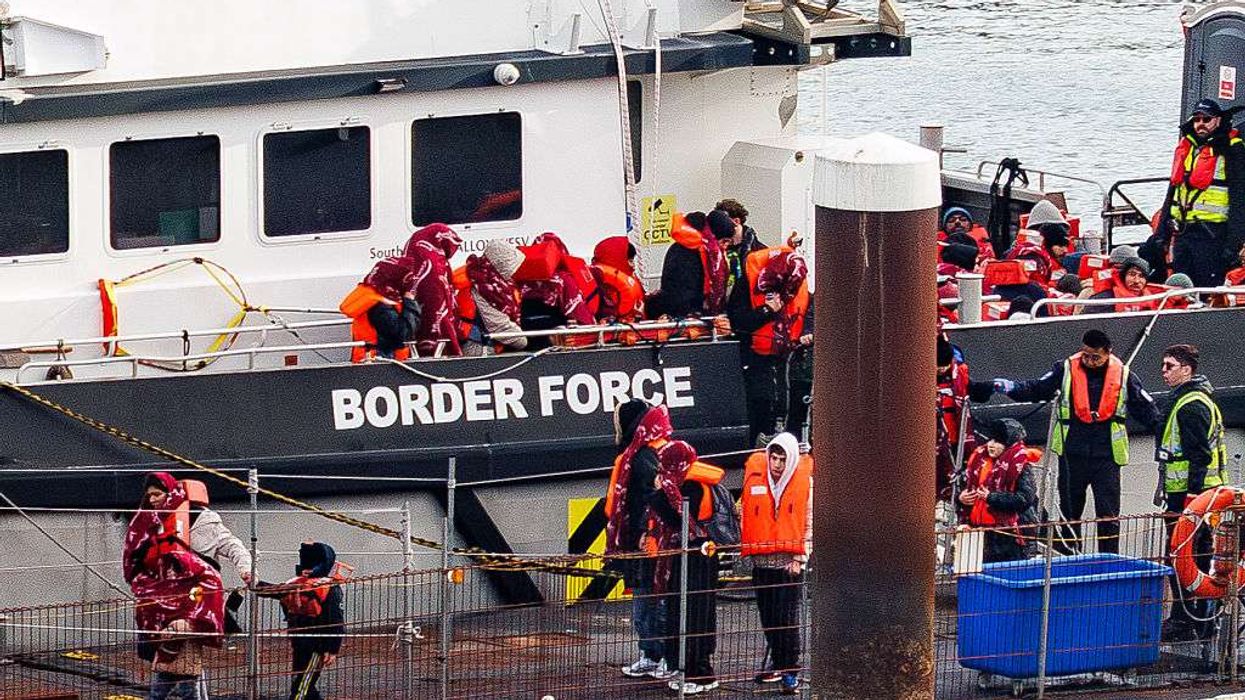THE Ganges-Brahmaputra-Meghna delta covering parts of eastern India and Bangladesh, and home to 200 million inhabitants, may experience a water level rise of up to 140 centimetres by the end of this century, a new study showed.
The findings of the study, published in the journal PNAS on Monday (6), provides refined regional estimates of water level rise, and land subsidence the gradual settling or sudden sinking of the Earth's surface and may lead to better flood mitigation efforts in eastern India and Bangladesh.
According to the researchers, including those from CNRS in France, this region is the largest and most densely populated delta in the world, and one of the most vulnerable places to climate change.
However, they cautioned that the extent and impact of water level rise there remain poorly known.
This delta, which covers nearly two thirds of Bangladesh, and part of eastern India, is already regularly prone to flooding, the study noted.
The region also frequently experiences intense monsoon rainfall, rising sea levels, river flows, and land subsidence, according to the researchers.
Until now, the scientists said, it has been difficult to disentangle these various factors.
Forecasts carried out so far have been based on highly regional measurements of water level, they added.
In the current study, the researchers analysed monthly readings from 101 gauges measuring water and sea levels across the delta.
Aggregating this data over geographical areas, they filtered out local effects and offset quality differences between gauges.
Over time, the scientists obtained more refined estimates for water level changes.
According to the study, between 1968 and 2012, water levels increased by three millimetres per year (mm/year) on average, a little more than the global mean sea level rise, which was two mm/year during the same time period.
The researchers then estimated the contribution of land subsidence obtained by subtracting the measurements of relative water level obtained previously from the absolute sea level.
Their calculations revealed that the maximum land subsidence in the delta between 1993 and 2012 was between one and seven mm/year.
These values, the scientists said, are lower than some local measurements between one and two centimetres per year (cm/year) in Dhaka, Bangladesh which have been used as a reference until now.
The study cautions that if subsidence continues at the same rate, and even under a greenhouse gas mitigation scenario, water level rise in the delta, depending on the area, may reach 85-140 cm by the end of the century compared to the period 1986-2005 twice as high as the projections provided in the latest IPCC report.
According to the researchers, the study may lead to better forecasts of water level in the Ganges-Brahmaputra-Meghna delta and improved flood mitigation efforts.












